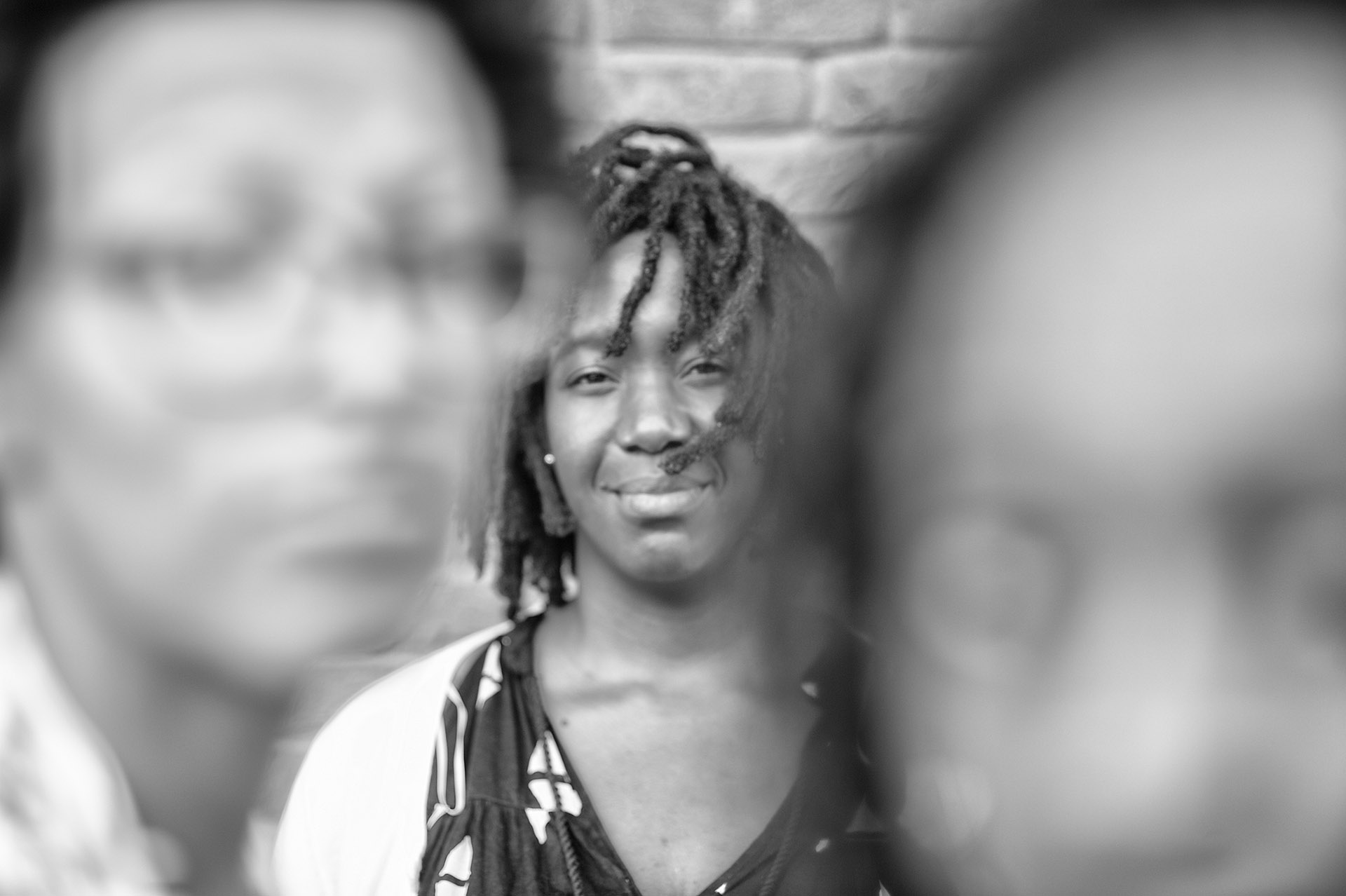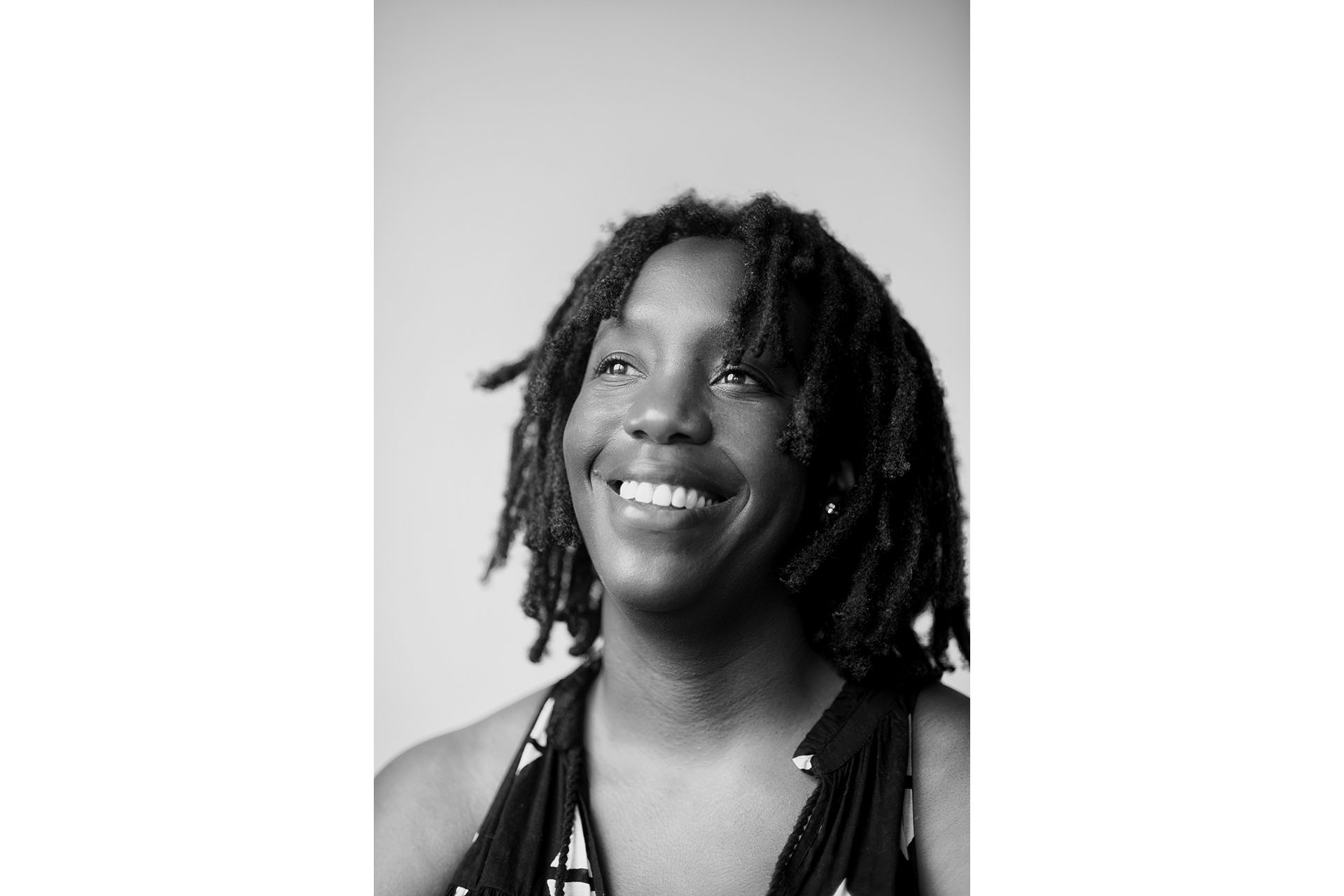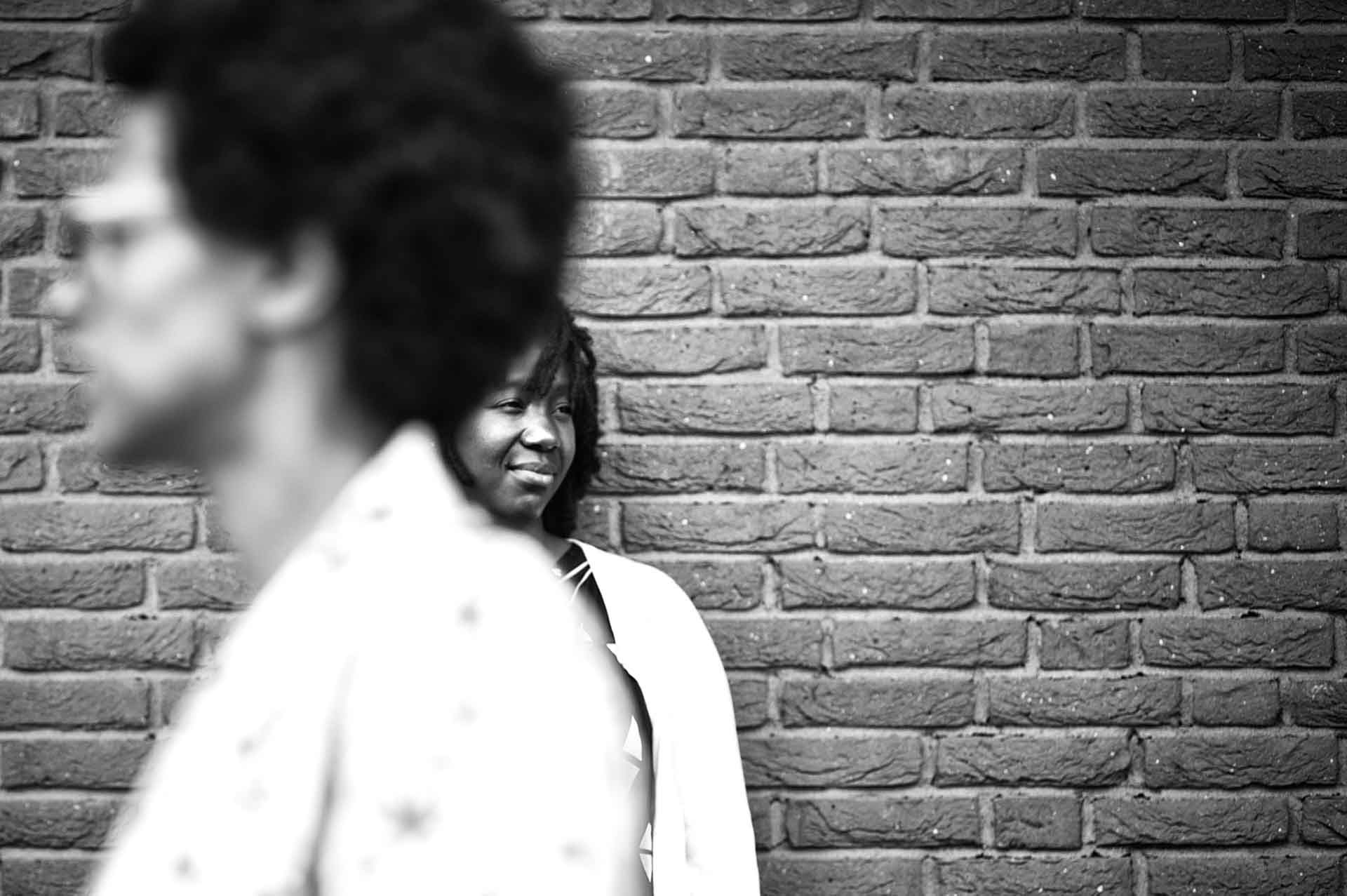


The thing I am most upset about is that I did not get to grow up in Africa, where I was born. I think it is an amazing continent. Africa is humbling. That is where you realise: nature is stronger than all of us. I find it difficult to live in the Netherlands; it does not feel like my country. I hope that someday I will have the means and the opportunity to leave. That I can live in a country where people are closer to nature, and where they have more respect for one another.
I was born in Lesotho, and I was put up for adoption when I was one day old. The sister of my biological mother asked my adoptive parents to take care of me after I was born, because my biological mother was too young. My adoptive parents were expats, and this is how I lived in many different countries all over the world. They would not allow me to go back to Lesotho, they found it too threatening to themselves if I went looking for my own parents. I tried to comply with the situation for a long time. In the end, I got a burn out when I was 26, the time was there to attend to what I needed. I had always wished to meet my biological mother, to tell her that I am doing well. I got to do this when I was 29. I am very grateful to have met her and my brother. It was the most beautiful gift that I could have had in this lifetime. I looked at my mother and thought: yes, there is good in me. She looked like a normal, nice woman. I had so much in common with her. The contact with my biological family is the best therapy: nothing seems to be wrong with me. Living in the Netherlands has become easier with this: I feel stronger and more resilient now.
The relationship with my adoptive parents was difficult for a long time. I was different than them, I was sensitive, introverted, when they were self-centred and extroverted. Especially my adoptive mother made me feel like there was something wrong with me. I walked on egg shells for a long time. As a teenager, I became depressed, I had to retreat to my own world because I was misunderstood. I taught myself about psychology by watching American movies, and I experienced school as a place where people did see me. Because of the international setting, and because the emphasis was on talents and possibilities. I tried to make my adoptive parents understand what bothered me for years, and how my adoption played a role in my life. I fought hard for this. After 15 years, my adoptive parents started to understand, and they told me they are sorry. This has improved our relationship.
<strong>Adoption is about the basis of existence.</strong>
Adoption is about the basis of existence. For adoptees, this basis consists of two parts, but each part on its own is not good enough. I am imbalanced if I do not make both parts whole. Being detached, and getting attached again, has also made it possible for me to develop in a way that I would not have developed in otherwise. I do not like that I am adopted, but I am grateful for what it brought me.
My work is indirectly connected to my adoption. I work in maternity care, and I help young parents to learn the language of their baby. When I leave after eight days, and a ‘couple with a baby’ has changed into ‘two young parents’, I feel satisfaction. But deep inside I want more. I would like that our knowledge is spread on a global level, preferably in developing countries, to make the right care available for every mother. When a mother wants to open up and keep her baby, then, we can help her with that. This means that babies who are taken from their mother now can sometimes stay instead. It is my dream that this care becomes available to every mother in the world.
Tekst: Inge van Meurs Fotografie: Ton Sondag
